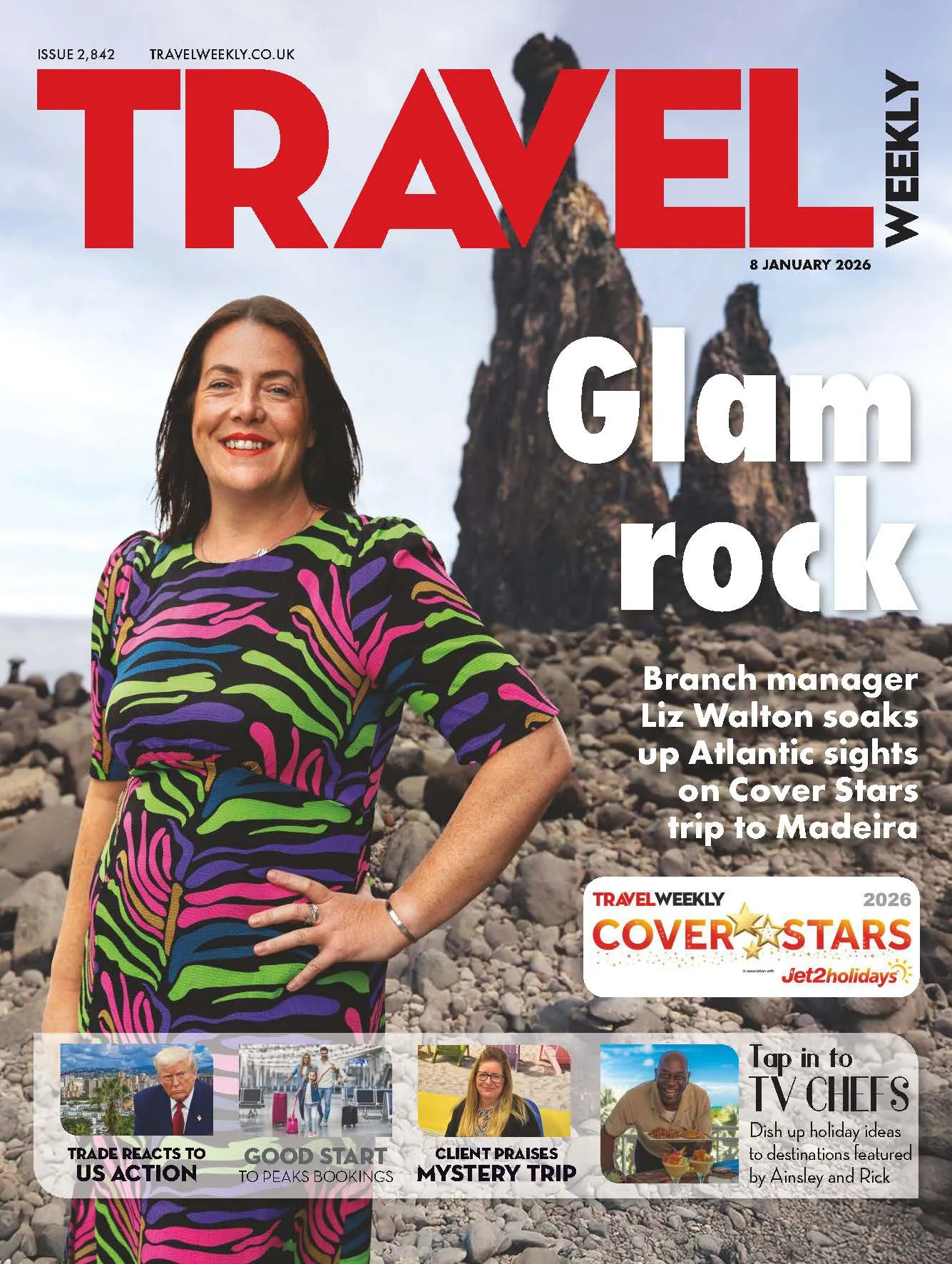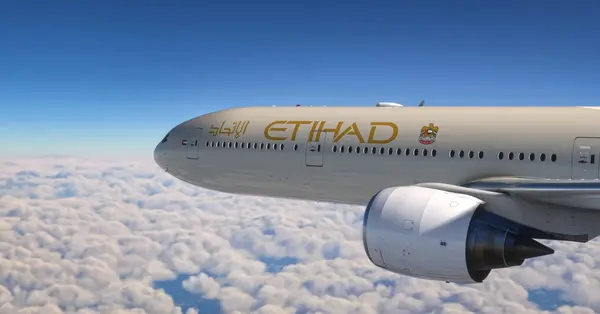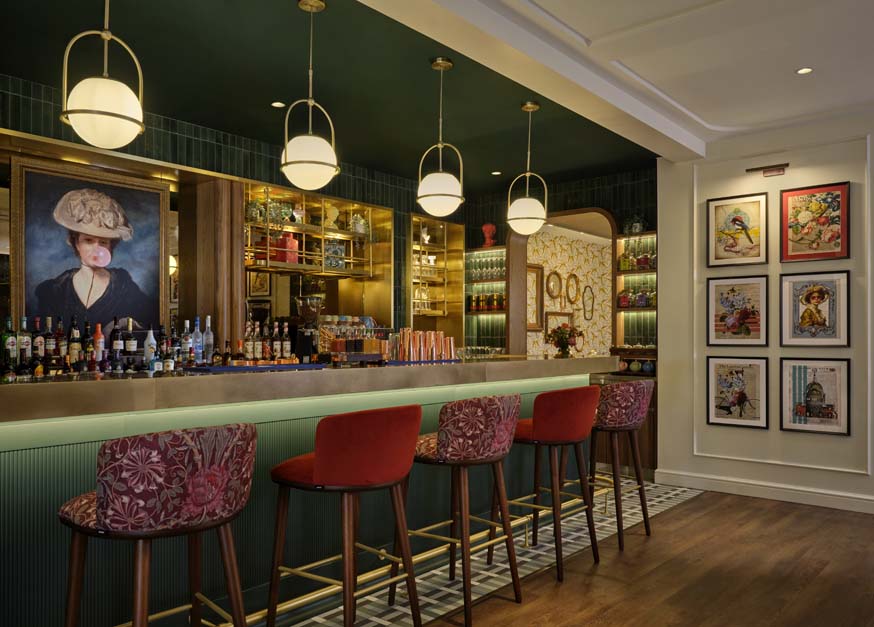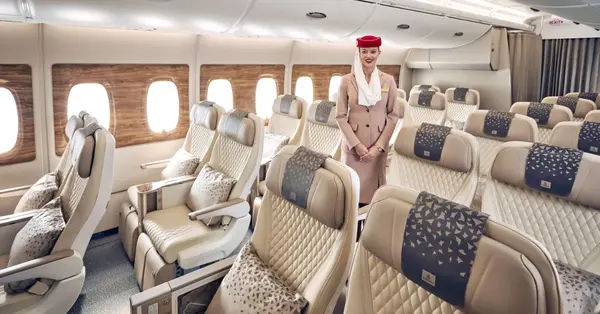You are viewing 1 of your 2 free articles
Non-refundable hotel rates and advance bookings are returning
Data and anecdotal evidence from a cross-section of companies in the accommodation distribution ecosystem have identified that hotel booking policies are becoming less flexible.
Industry experts believe this to be the result of changing consumer beliefs – travellers are now more confident they can complete their journeys without restrictions – and because hoteliers are getting better at marketing non-refundable rooms and advanced bookings.
In the pandemic shift, hoteliers were forced to make bookings refundable in order to secure sales in a skittish market. When occupancy rates were low, this strategy worked, as availability was consistently high. Now occupancy is increasing again, fully booked hotels are turning down business while leaving themselves at risk of losing money if customers with refundable bookings cancel at the last minute.
Unless hoteliers collectively start to push non-refundable bookings, there's a risk hotel rooms could be left empty
Global bed bank
Dida Travel serves more than 23,000 B2B clients, including travel agents and tour operators. Speaking about the policy changes, Dida Travel founder and CEO, Rikin Wu says: "We are seeing two very important trends emerge this year that might have been unthinkable until only recently: firstly, non-refundable rates are making a comeback, and, secondly, travellers are starting to book further in advance again.
"In the January to May 2019 period, non-refundable [bookings] were making up around 59% of our sales, but that fell to just 26% in 2021. This year, so far, we're seeing that figure at 32% and expect it to steadily grow.
"All of this is a strong reflection of the consumer desire to travel and their confidence that they can fulfil a journey, based on feedback from our B2B-buying clients, such as travel agents and tour operators."
RELATED:
Thomas Cook launches first campaign since rebranding as OTA
Global travel bookings surpass pre-pandemic levels
UNWTO research points to sustained tourism recovery
Wu also points out that some credit must go to hoteliers for putting together compelling deals and pricing to entice the traveller back again.
"[Hoteliers] are keen to see non-refundable rates return to pre-Covid levels and we are seeing them pushing hard for this," he says.
Weighing in on the topic, Ernesto Sigg, founder and partner at Fitbooktravel, a consultancy specialising in hotel accommodation distribution, agrees: "Evidently there has always been demand on the hotelier side to return to non-refundable rates as soon as possible, but from the B2B distribution side of things – the bed banks, wholesalers, business-to-agent platforms, re-sellers, channel managers and connectivity tech suppliers – there is some reluctance to do this."
Sigg believes this is because many still have unresolved disputes as to who will foot the bill for the 2020 no-shows on non-refundable rates.
"The OTAs and tour operators are claiming force majeure, so they don't want to risk getting back into further disputes and potential liabilities – taking on that risk is definitely not in their [business] model," explains Sigg.
"From a tech perspective there's also some challenges, too. Switching off non-refundable [bookings] was tricky, but [technicians] eventually worked out how to do it. After two years of software patches, upgrades, mergers and acquisitions resulting in transferring to new systems, integrations of new partners and new CIOs, switching this back won't be easy."
GET YOUR FREE 48-PAGE GCC TRAVEL & HOSPITALITY REPORT HERE
Spencer Hanlon, head of Travel at Nium, a payments technology provider helping OTAs, airlines and hotels with B2B payments, warns that cancellations and refunds aren't just the concern of hoteliers.
"Let's keep in mind that cancellations aren't just a problem for a hotel because they don't get paid or have to find another guest at short notice," he says. "In fact, the whole refunding and updating their inventory challenge is a back-office pain that one-way-or-another costs them money and reduces certainty. However, we
are now seeing the lowest levels of cancellations since Covid started. There were months in 2021 when that rate went over 40%, but this year it has been steadily declining and is now at just 2% – that's comparable to 2019.
Fabian Gonzalez,
founder and organiser of Forward_MAD, a luxury tourism conference that takes place in Madrid each year, believes that the luxury sector carries the greatest risk.
"Luxury hoteliers everywhere are starting to push non-refundable rates with deals and promotions as they would like to see the percentage return to pre-Covid levels," says Gonzalez.
In the luxury space, travellers really can change plans quickly, leaving full-booked hotels suddenly fully empty for no given reason, warns Gonzalez
Gonzalez adds: "The challenge now is to minimise the impact of free cancellation policies 24 hours prior to arrival. This is going to be a difficult challenge, however, as luxury travellers have become used to refundable and pay-on-arrival rates and even 'pay on demand' services for everything including transport.
"We expect to see an increase in ABS (Attribute Based Selling) strategies – a mixture of pricing and exclusivity incentives is probably the way to go. For example, at a hotel, there's only one 'Presidential Suite' and if you don't guarantee the hotel that you'll pay, they shouldn't guarantee you'll get it!"
The great refundable room debate, says Gonzalez, will be the hot topic on the agenda at the upcoming Forward_MAD conference, taking place from 5 to 7 October 2022.
For more information, visit www.didatravel.com , www.fitbooktravel.com , www.nium.com , www.forward.travel and www.forward.travel/forward_mad

















